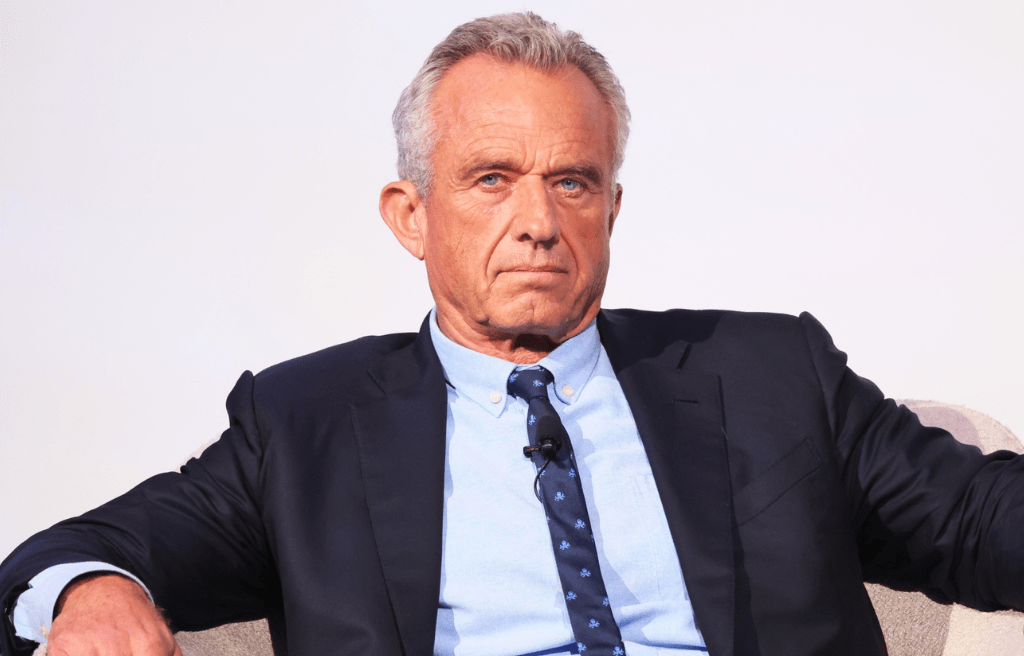Now Reading: RFK Jr. Bird Flu Proposal: Scientists Warn of Dire Risks and Unintended Consequences
- 01
RFK Jr. Bird Flu Proposal: Scientists Warn of Dire Risks and Unintended Consequences

RFK Jr. Bird Flu Proposal: Scientists Warn of Dire Risks and Unintended Consequences
What Exactly Is RFK Jr.’s Proposal?
RFK Jr. has long been a polarizing figure when it comes to public health policies. This time, with his RFK Jr. bird flu proposal, he has suggested an unconventional approach to managing the outbreak: rather than waging an immediate war on infected poultry through culling, he argues for a controlled exposure to the virus. His idea rests on the premise that such exposure could help identify birds with natural immunity, potentially informing future strategies against the disease.
Key points of the proposal include:
- Natural Immunity: Allowing the virus to spread among flocks could reveal genetic or biological factors that confer resistance.
- Reduction in Culling: Aimed at decreasing the large-scale culling of birds, which is both economically and ethically challenging.
- Long-Term Research: The approach suggests a shift toward long-term studies on avian immune responses.
While innovative on the surface, this proposal has raised numerous concerns regarding its practicality and safety.
Why Are Scientists Raising Red Flags?
1. Unpredictable Virus Mutations
Letting a virus spread unchecked in large populations isn’t just a gamble—it’s an invitation for mutation. Each infection is an opportunity for the virus to evolve. With every passing day, there’s an increased risk that the virus might mutate into a more virulent or even zoonotically transferable form.
- Mutation Risks: Uncontrolled transmission can lead to unforeseen changes in the virus, potentially making it harder to control.
- Public Health Concerns: There’s a fear that a mutated virus could eventually jump to humans, bringing a new public health emergency.
2. Economic Implications for the Poultry Industry
The poultry industry forms an integral part of the U.S. agricultural landscape. Any strategy that promises to jeopardize the health of entire flocks can have severe economic repercussions.
- Industry Losses: A widespread outbreak, exacerbated by reduced culling measures, could lead to even larger economic losses.
- Consumer Confidence: Outbreaks typically diminish consumer trust in poultry products, affecting market demand.
3. Animal Welfare and Ethical Considerations
Beyond the economic and public health concerns, there is a significant ethical dilemma. Allowing bird flu to spread means permitting countless birds to suffer from severe symptoms before any potential immunity is identified.
- Welfare Concerns: This approach would prolong the suffering of affected birds, raising animal welfare issues.
- Ethical Dilemmas: Many experts argue that this method sacrifices ethical treatment of animals for an uncertain experimental outcome.
A Brief Science Lesson on Bird Flu
Avian influenza, commonly known as bird flu, is typically caused by viruses like H5N1 and H7N9. These viruses are notorious for their ability to jump species boundaries under the right conditions, posing considerable risks not only to birds but also to human populations. Standard control methods focus on:
- Culling Infected Flocks: A swift, though drastic, measure to contain outbreaks.
- Enhanced Biosecurity: Implementing rigorous measures on farms to prevent the spread.
- Vaccination: Ongoing research aims to develop effective vaccines to protect poultry and, by extension, human populations.
Understanding these tried-and-tested methods is crucial in assessing the risks associated with RFK Jr.’s alternative proposal.
Exploring Safer Alternatives
Given the high stakes, many suggest that traditional and well-researched methods may offer a safer path forward:
Enhanced Biosecurity Measures
Investing in and strictly enforcing biosecurity on farms helps prevent outbreaks without resorting to high-risk experimental proposals. Simple measures like controlled access, regular disinfection, and immediate isolation of affected birds can make a significant difference.
Development of Poultry Vaccines
Rather than waiting for natural immunity to emerge, substantial resources could be shifted toward research and development of effective poultry vaccines. These vaccines could not only curb current outbreaks but also minimize the risk of future epidemics.
Focused Research on Immunity
Targeted studies, rather than uncontrolled exposure, can help scientists understand the mechanisms behind natural immunity in birds. Such research, conducted under controlled environments, mitigates the risks while still yielding valuable data.
Conclusion
RFK Jr.’s bold proposal to use natural exposure to tackle bird flu has ignited a fierce debate that pits innovation against caution. While the idea of uncovering natural immunity appears promising at first glance, the potential for uncontrollable mutations, economic fallout, and animal welfare issues makes it a risky gamble. As the scientific community and industry experts voice their concerns, it becomes clear that our best path forward lies in strengthening existing prevention measures, investing in vaccine research, and continuing controlled, ethical scientific exploration.
Disclaimer: This article is intended for informational purposes only. It does not offer medical, veterinary, or professional advice. Always consult a qualified expert for guidance on public health and animal welfare matters.











